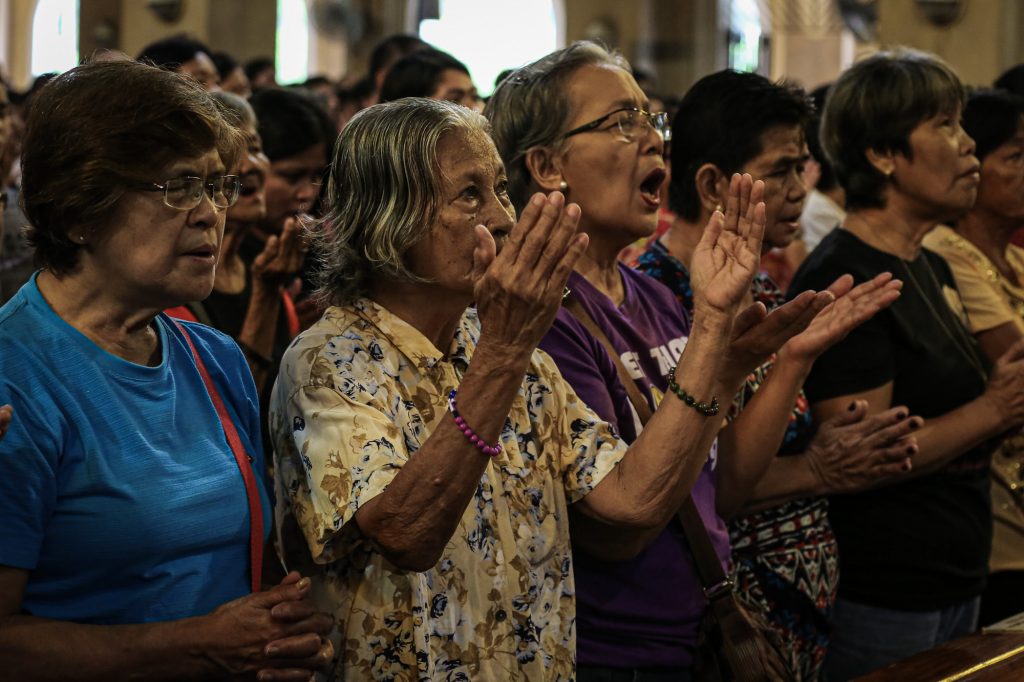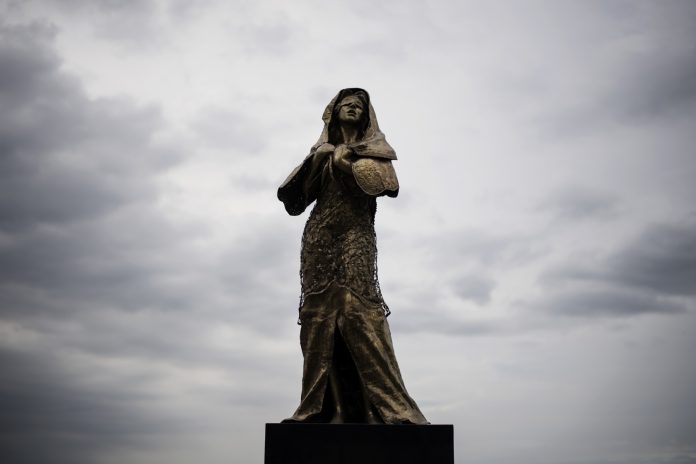“Never Forget” is an expression and political slogan used to urge others to remember the events surrounding a national tragedy.
It was first used in relation to the damages brought by World War II when an estimated 40 to 50 million people died.
The Philippines’ involvement in the Second World War started on Dec. 8, 1941, when Japan launched a surprise attack nine hours after the attack on Pearl Harbor.
To secure the airstrips and support the ground offensives, the initial aerial bombardment by the Japanese was followed by landings of ground troops both north and south of Manila, the main force landing in Lingayen Gulf in Pangasinan.
Philippine defense continued until the final surrender of American and Filipino forces on the Bataan Peninsula in April 1942 and on Corregidor in May of that year.
At least 10,000 men died during the infamous “Death March” when an estimated 80,000 prisoners of war captured by the Japanese in Bataan were forced to march to a prison camp in Tarlac.
Many died before reaching their destination, weakened by disease and malnutrition, and treated harshly by their captors.
The growing opposition to Japanese occupation was primarily underground.
By the time of Japan’s formal surrender on Sept. 2, 1945, the country had suffered great loss of life and tremendous physical destruction. An estimated one million Filipinos were killed and Manila was extensively damaged.
Most of the surviving Filipino veterans are now in the twilight of their lives, many were merely teenagers who were forced by circumstance to come of age and carry the brunt of a nation under attack.
Remembering World War II was the focus of the Pandesal Forum by Kamuning Bakery where speakers urged Filipinos to remember what happened, particularly the heroism of the veterans and the stories of victims, such as the “comfort women.”
The speakers included Pasig Congressman Roman Romulo, Veterans Federation of the Philippines Sons & Daughters Association, Inc. National EVP; Mike Villareal, and yours truly for the “Flowers for Lolas,” the alliance of advocates of comfort women issues.

On Dec. 8, 2017, or 76 years after the Japanese landing in the Philippines, a four-meter comfort woman “Lola” statue was installed along Roxas Boulevard in Manila. It was wearing a traditional Filipino dress, blindfolded, with hands clutched to her chest.
As a reporter in the 1990s, I covered the Asian sex slaves who were brave enough to tell the world about this inhuman practice of the Japanese during the war.
About 200,000 women from Korea, China, Burma, New Guinea, and the Philippines were held in captivity and many thousands more were raped as part of one of the largest operations of sexual violence in modern history.
The girls who were abducted, trafficked, or brought to the Japanese military camps had their own dreams and visions for the future. All of these were shattered.
The victims spent their lives in misery, having endured physical injuries, pain, and disability, as well as mental and emotional suffering.
However, the statue was dismantled on April 27, 2018, by the Department of Public Works and Highways, allegedly for a drainage improvement project, but it was seen as a submission to protests from Japan.
The statue was delivered to its artist, Jonas Roces, for safekeeping. But it was declared missing when Roces failed to turn over the statue during its scheduled reinstallation on Aug. 25, 2019, at the Baclaran church.
The dwindling number of the surviving comfort women highlights a sense of urgency for them to receive a formal, unequivocal public apology and just compensation from Japan as well as accurate historical inclusion while their voices can still be heard.
Human Rights Day is observed every December 10, commemorating the adoption in 1948 of the Universal Declaration of Human Rights.
The UDHR is a milestone document, which proclaims the inalienable rights that everyone is entitled to as a human being regardless of race, color, religion, sex, language, political or other opinion, national or social origin, property, birth or other status.
The document is primarily influenced by the atrocities committed during World War II and by the need to protect the human rights of people from various walks of life against the inhumane abuses of governments and rulers.
Remembering history helps us to appreciate how events in the past made things the way they are today, to avoid mistakes and to create better paths for our society.
Through the hashtag “#neverforget”, we understand our own lives better.
Atty. Dennis R. Gorecho heads the seafarers’ division of the Sapalo Velez Bundang Bulilan law offices. For comments, e-mail [email protected], or call 0917-5025808 or 0908-8665786.









